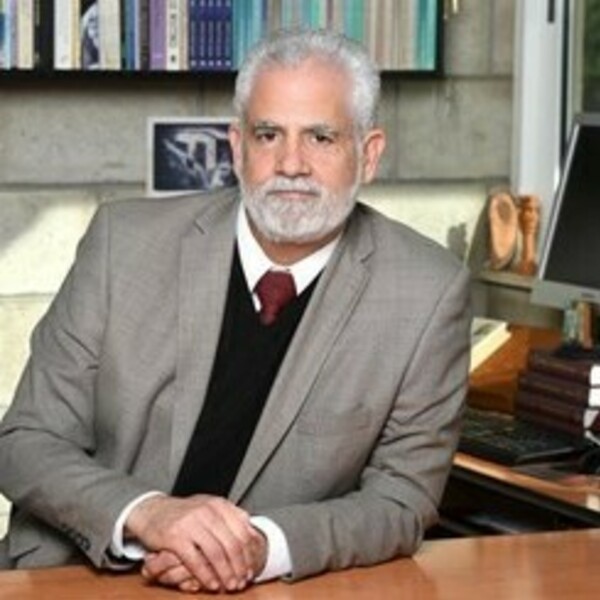Edward Alam

Visit: June 15 - July 15, 2023
Project Title: The Role of John Henry Newman's appropriation of the philosophy of John Duns Scotus in the development of Mariology
It is well known that for more than a century before the Second Vatican Council convened, Mariology had been rapidly progressing as a distinct branch of dogmatic theology—a development that stretches back to the influential work of the great 16th century theologian, Francisco Suárez, the father of systematic Mariology, who historically summarized and systematically analyzed virtually all previous Marian teachings. Suárez wrote extensively and authoritatively on a variety of subjects, most notably on metaphysics; but if there was a weakness in his significant and influential contributions to philosophy and theology, it may have been that he did not bring out (at least not clearly enough) the proper links between Mariology and the other branches of theology or between Mariology and philosophy, especially metaphysics. This may be one reason why Mariology began to develop in the semi-isolated fashion that it did, and why by the middle of the 20th century, it had taken on an independent theological status—something that caused alarm among some theologians, and among a few prominent Bishops as well. It may be the case that Suárez’ metaphysics drifted too close to a version of moderate nominalism during his attempt to strike the right balance between the realism of John Duns Scotus and the conceptualism of William of Ockham. In the modern period, John Henry Newman's appropriation of Scotus' epistemology and metaphysics, however, provides (perhaps) a corrective to this shortcoming and thus aids the genuine development of Mariology in our times.
Affiliation: Notre Dame University-Louaize, Benedict XVI Endowed Chair of Religious, Cultural, and Philosophical Studies
Email: edwardjosephalam@yahoo.com